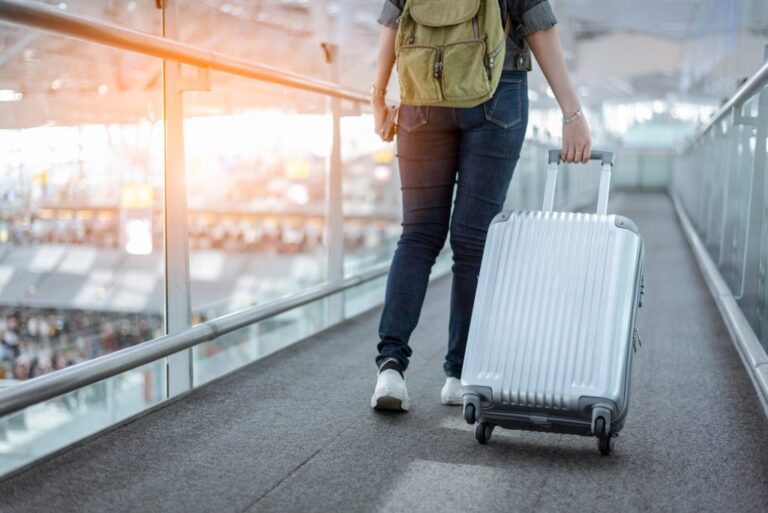Thailand and China have agreed on a bilateral deal to waive visa requirements for travellers, according to Prime Minister Srettha Thavisin, a move likely to accelerate the pace of the post-pandemic recovery in the Southeast Asian nation’s key tourism industry.
Chinese visitors to Thailand will be exempted from visa needs beyond the current temporary scheme ending 29 February, Srettha told reporters on Tuesday. China will also grant Thai tourists the same permanent privilege following several rounds of talks, he said.
ADVERTISEMENT
CONTINUE READING BELOW
Read:
Chinese were Thailand’s largest group of tourists before the pandemic. They accounted for more than a quarter of the 40 million visitors in 2019 but tallied only about 3.5 million out of the 28 million tourists last year.
Since taking office in September, Srettha’s government has rolled out several measures to boost tourism – what he calls a “quick win” – to stimulate growth in Southeast Asia’s second-biggest economy. The sector accounts for about 12% of gross domestic product and nearly a fifth of jobs.
Thailand has also temporarily waived visa requirements for travellers from Russia, Kazakhstan, India and Taiwan and has also been planning to allow longer stay for tourists from specific countries to induce more spending.
The visa waiver for Thais traveling to China will help “elevate pride in Thai passports,” Srettha said.
“The good news is, from March 1, no visas are required for travel between Thailand and China.”
Thailand is currently ranked 64th on the Henley Passport Index, with its citizens having visa-free access to 80 destinations, below top-ranked Singapore’s 193.
The bilateral agreement will be officially signed by the two countries by the end of February, according to Thai government spokesman Chai Wacharonke.
Chinese tourists will be allowed to stay a maximum of 30 days per entry in Thailand and vice versa, Chai told reporters after a weekly cabinet meeting. A total of 90 days stay is allowed in case of multiple entries within 180 days.
The visa exemption will help “further enhance people-to-people exchanges,” Wang Wenbin, China’s foreign ministry spokesman, said at a briefing, adding that the two countries are “communicating closely on the matter”.
Earnings boost
The new visa deal and prospects for a jump in tourist arrivals lifted shares of some Thai airlines, hotel operators and state-controlled Airports of Thailand, which operates six airports. While the latter gained as much as 4.2%, the most since 24 November, Asia Aviation, which controls the country’s largest budget carrier, jumped as much as 7.5% to the highest level since 9 November. Central Plaza Hotel shares rose as much as 3.4%.
ADVERTISEMENT
CONTINUE READING BELOW
The visa measures will further bolster the outlook for international arrivals, Koraphat Vorachet, an analyst at Krungsri Securities, wrote in a note on Tuesday. This will help support earnings of operators of airports, airlines and hotels, he said.
Further spending enticements
To entice more foreign tourist spending, Thailand’s cabinet also approved cuts in excise tax on fermented alcoholic beverages, Chai said.
Wine and sparkling wine varieties will be subject to a unitary tax rate of 5% regardless of price tiers, and a rate of 1 000 baht per litre of pure alcohol by volume, from a maximum rate of 10% and 1 500 baht respectively. A 10% ad valorem tax for local rice wine varieties will be scrapped, he said.
Thailand earned 1.2 trillion baht ($35 billion) from 28 million foreign tourists last year, Tourism Minister Sudawan Wangsuphakijkosol said in a statement on Tuesday. Malaysian tourists topped the list of visitors at 4.56 million, with Chinese, South Korean, Indian and Russian tourists making up the rest of the top five.
The Tourism Authority of Thailand expects tourist arrivals to jump to 35 million this year, including 8.2 million from China.
© 2024 Bloomberg L.P.

